In the dynamic landscape of logistics and transportation, the integrity of perishable goods hinges on the efficiency of cargo trailer refrigeration units. At CarMax Vehicle, we understand the pivotal role these units play in safeguarding your valuable shipments. This guide delves deep into the intricacies of cargo trailer refrigeration units, providing you with the knowledge to make informed decisions that enhance your operational efficiency and ensure the freshness of your cargo.
Understanding Cargo Trailer Refrigeration Units
Cargo trailer refrigeration units, often referred to as reefer units, are specialized systems designed to maintain a controlled temperature environment within a cargo trailer. These units are indispensable for transporting perishable goods such as food, pharmaceuticals, and other temperature-sensitive products.
Types of Refrigeration Units
There are primarily two types of cargo trailer refrigeration units:
Mechanical Refrigeration Units
- Utilize compressors, condensers, and evaporators to regulate temperature.
- Known for durability and consistent performance.
Thermal Insulated Units
- Rely on advanced insulation materials to maintain temperature.
- Energy-efficient but may require auxiliary cooling/heating systems.
| Feature | Mechanical Units | Thermal Insulated Units |
|---|---|---|
| Energy Efficiency | Moderate | High |
| Maintenance Requirements | High | Low |
| Initial Cost | Higher | Lower |
| Temperature Control Precision | High | Moderate |

Power Sources for Refrigeration Units
Refrigeration units can be powered through various sources:
- Diesel Generators: Ideal for long-haul trucking, providing consistent power irrespective of external conditions.
- Electric Power: Suitable for shorter routes and environments where electricity is readily available.
- Battery-Powered Systems: Offer a sustainable alternative, reducing reliance on fossil fuels.
Key Features to Consider
When selecting a cargo trailer refrigeration unit, several critical features should guide your decision:
Temperature Range and Control
The unit should offer precise temperature settings tailored to the specific needs of your cargo. Advanced models come equipped with digital controls and monitoring systems that allow real-time adjustments and data tracking.

Energy Efficiency
Energy-efficient units reduce operational costs and minimize environmental impact. Look for units with high Energy Star ratings or those utilizing eco-friendly refrigerants like R290 or R744.
Durability and Reliability
The rigors of transportation demand units built to withstand vibrations, shocks, and varying weather conditions. Opt for units constructed with robust materials and proven engineering designs.
Maintenance and Support
Regular maintenance ensures optimal performance and longevity of your refrigeration unit. Select providers like CarMax Trailer that offer comprehensive support services, including routine inspections and timely repairs.

Benefits of Using Superior Refrigeration Units
Investing in high-quality refrigeration units yields numerous advantages:
- Product Freshness: Maintains the integrity of perishable goods, reducing spoilage and waste.
- Regulatory Compliance: Ensures adherence to transportation and safety regulations governing temperature-sensitive shipments.
- Operational Efficiency: Minimizes downtime through reliable performance and easy maintenance.
- Cost Savings: Reduces energy consumption and lowers the risk of cargo loss due to temperature fluctuations.
Selecting the Right Unit for Your Needs
Choosing the appropriate refrigeration unit involves assessing your specific requirements and operational dynamics. Here’s a step-by-step approach:
Assess Your Cargo Requirements
Determine the temperature range necessary for your products. Different goods require varying cooling or heating levels, so understanding your cargo is paramount.
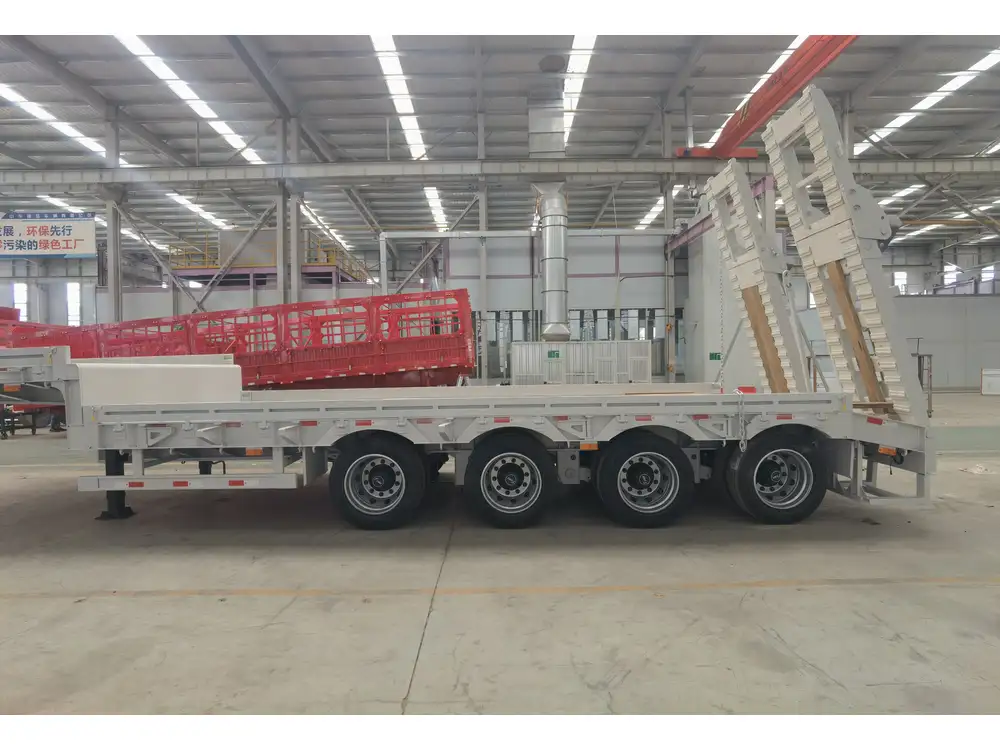
Evaluate Trailer Specifications
Ensure compatibility between the refrigeration unit and your trailer’s size and construction. Factors like weight, space, and insulation quality influence the effectiveness of the unit.
Consider Energy Sources and Availability
Analyze the availability of power sources along your transportation routes. This will help you decide between diesel, electric, or battery-powered systems based on accessibility and sustainability.
Budget and Cost Analysis
Balance initial investment with long-term operational costs. While energy-efficient units may have higher upfront costs, they often result in significant savings over time.
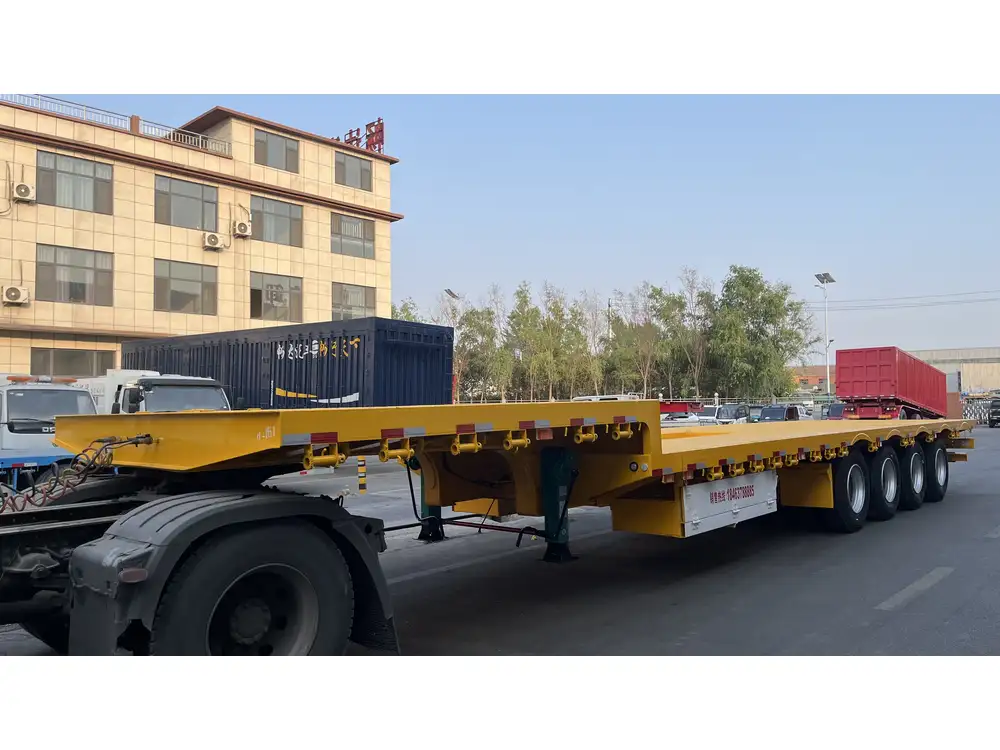
Installation and Integration
Proper installation is crucial for the optimal performance of your refrigeration unit. Here’s how to ensure seamless integration:
Professional Installation
Engage certified technicians to install the unit, ensuring adherence to manufacturer guidelines and safety standards.
System Integration
Integrate the refrigeration unit with your trailer’s existing electrical and control systems for unified operation and monitoring.

Testing and Calibration
Conduct thorough testing post-installation to verify temperature stability and system functionality under various operating conditions.
Maintenance Best Practices
Regular maintenance enhances the longevity and reliability of your refrigeration unit. Implement these practices:
Routine Inspections
Schedule periodic checks to identify and address potential issues such as refrigerant leaks, electrical faults, or mechanical wear.

Cleaning and Servicing
Maintain cleanliness of components like filters, coils, and vents to prevent blockages and ensure efficient heat exchange.
Software Updates
Keep the unit’s control software up-to-date to benefit from the latest features, security patches, and performance enhancements.
Preventive Maintenance Contracts
Consider contracts with providers like CarMax Vehicle for scheduled maintenance services, reducing the risk of unexpected failures.
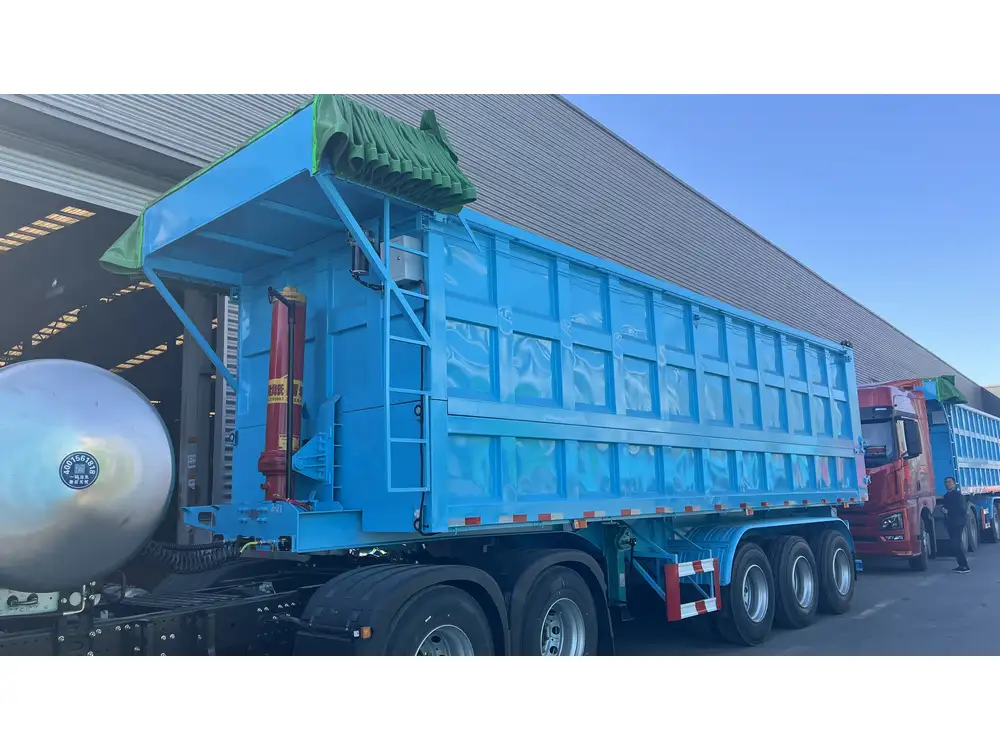
Technological Advancements in Refrigeration Units
The refrigeration sector is continuously evolving, incorporating innovative technologies that enhance performance and user experience.
Smart Monitoring Systems
Advanced units feature IoT-enabled sensors and real-time monitoring, allowing for remote tracking and automated alerts for any deviations from set parameters.
Energy Recovery Systems
These systems recycle waste heat generated during the cooling process, improving overall energy efficiency and reducing operational costs.

Enhanced Insulation Materials
Modern insulation materials offer superior thermal resistance, minimizing energy loss and maintaining stable internal temperatures with less power.
Sustainability and Environmental Impact
Sustainability is a growing concern in the transportation industry. Refrigeration units contribute to environmental preservation in several ways:
Eco-Friendly Refrigerants
Transitioning to refrigerants with lower Global Warming Potential (GWP) reduces the environmental footprint of your refrigeration systems.
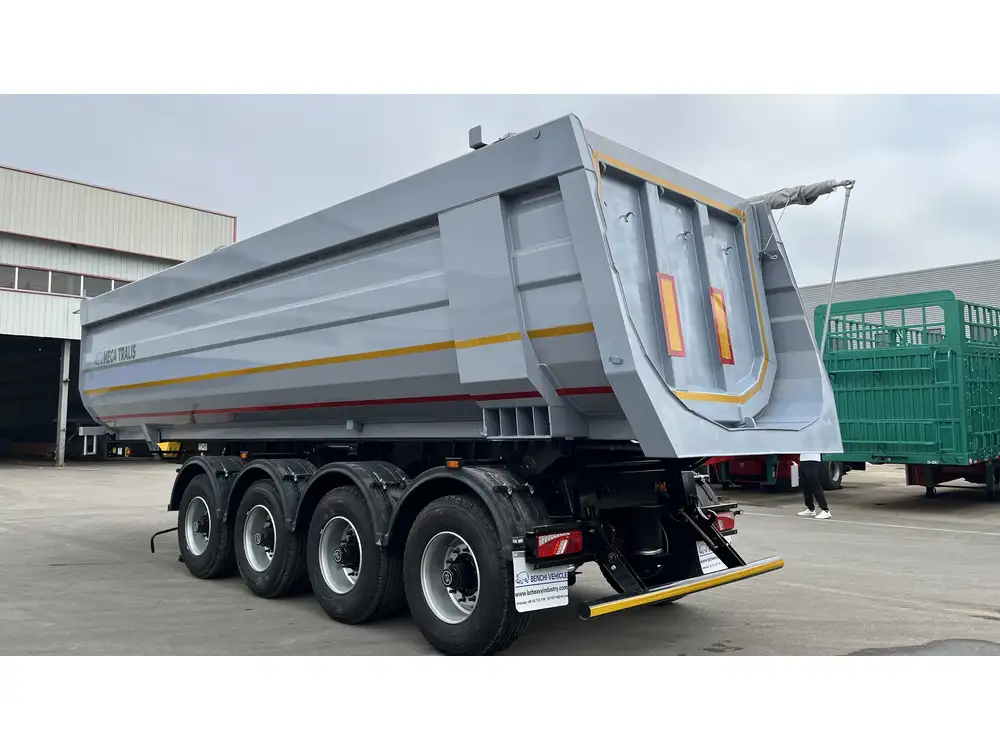
Energy Efficiency Initiatives
Adopting energy-efficient units decreases fuel consumption and greenhouse gas emissions, aligning with global sustainability goals.
Lifecycle Management
Implementing practices for the responsible disposal and recycling of refrigeration units ensures minimal environmental impact throughout their lifecycle.
Cost Considerations and Return on Investment
Investing in high-quality refrigeration units is a strategic decision with significant financial implications.

Initial Investment vs. Long-Term Savings
While superior units may require a higher upfront investment, the long-term savings through reduced energy consumption, maintenance costs, and minimized cargo loss are substantial.
Financing Options
Explore flexible financing options such as leasing, installment plans, or trade-in programs offered by manufacturers like CarMax Trailer, easing the financial burden of acquiring advanced refrigeration systems.
Depreciation and Tax Benefits
Take advantage of depreciation allowances and tax incentives available for energy-efficient equipment, enhancing the overall financial viability of your investment.

Custom Solutions by CarMax Vehicle
At CarMax Vehicle, we recognize that each business has unique requirements. Our tailored solutions ensure that your refrigeration units are perfectly aligned with your operational needs.
Customized Design and Engineering
Our team collaborates closely with you to design and engineer units that fit seamlessly with your specific trailer configurations and cargo demands.
Scalable Solutions
Whether you operate a small fleet or a large logistics network, we offer scalable solutions that grow with your business, ensuring consistent performance and reliability.

After-Sales Support
Our commitment extends beyond installation, providing ongoing support, maintenance, and upgrades to keep your refrigeration units operating at peak efficiency.
Case Studies: Success Stories with CarMax Vehicle
Enhancing Freshness for a Leading Food Distributor
A prominent food distribution company partnered with CarMax Trailer to upgrade their fleet with state-of-the-art refrigeration units. The result was a 30% reduction in energy consumption and a significant decrease in product spoilage, bolstering their reputation for reliability.
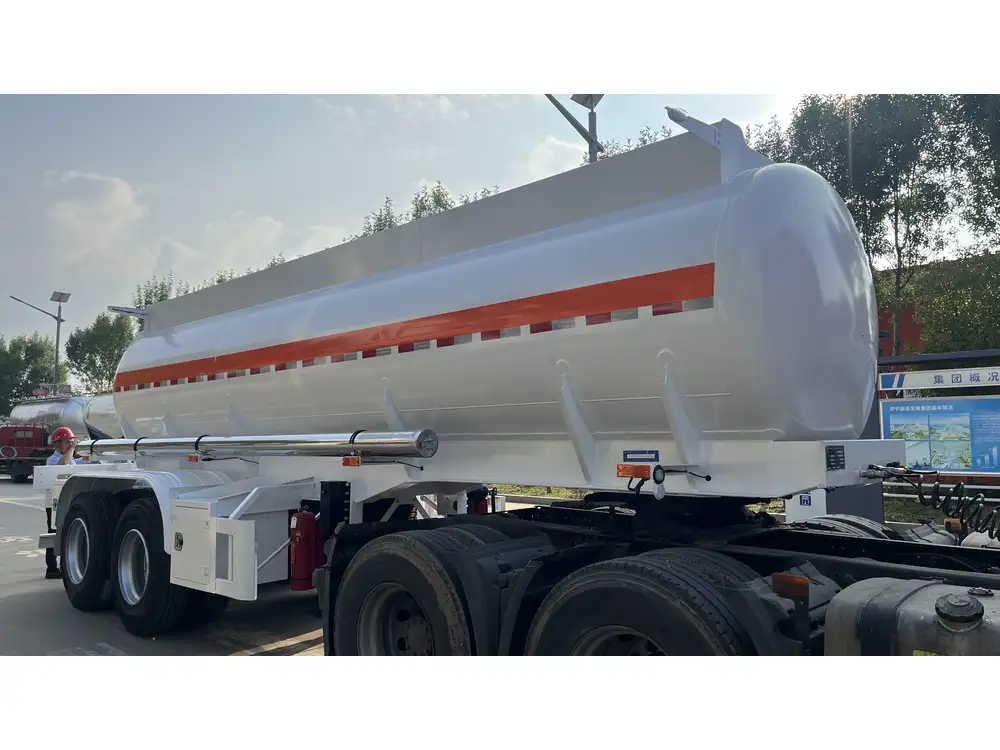
Streamlining Pharmaceutical Shipments
A pharmaceutical company faced challenges with maintaining precise temperature control during transit. By integrating CarMax Vehicle‘s intelligent refrigeration systems, they achieved consistent temperature regulation, ensuring the efficacy of their sensitive products.
Optimizing Logistics for a Beverage Manufacturer
A beverage manufacturer needed a robust solution to handle temperature fluctuations across diverse routes. CarMax Trailer provided customized units with advanced monitoring capabilities, enhancing their distribution efficiency and customer satisfaction.
Future Trends in Cargo Trailer Refrigeration
Staying ahead of industry trends is crucial for maintaining competitive advantage. Here are emerging trends shaping the future of cargo trailer refrigeration:
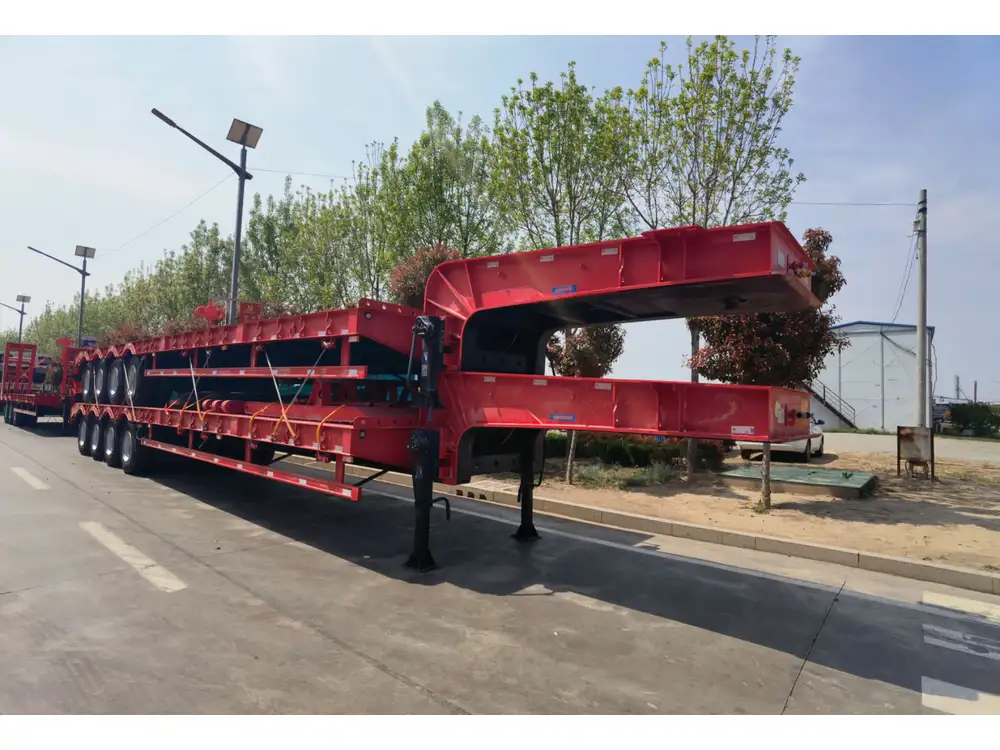
Automation and AI Integration
Artificial Intelligence (AI) is revolutionizing refrigeration systems by enabling predictive maintenance, optimizing temperature controls, and enhancing energy management through advanced algorithms.
Renewable Energy Integration
Incorporating renewable energy sources such as solar panels and wind turbines into refrigeration units reduces dependency on traditional power sources and promotes sustainable operations.
Lightweight Materials
The use of lightweight composite materials in unit construction reduces overall trailer weight, improving fuel efficiency and reducing transportation costs.

Enhanced Data Analytics
Advanced data analytics provide deeper insights into system performance, enabling operators to make informed decisions that enhance efficiency and reduce operational costs.
Best Practices for Maximizing Efficiency
To fully leverage the benefits of your refrigeration units, implement these best practices:
Optimize Loading Practices
Ensure even distribution of cargo to facilitate optimal airflow and temperature regulation within the trailer.
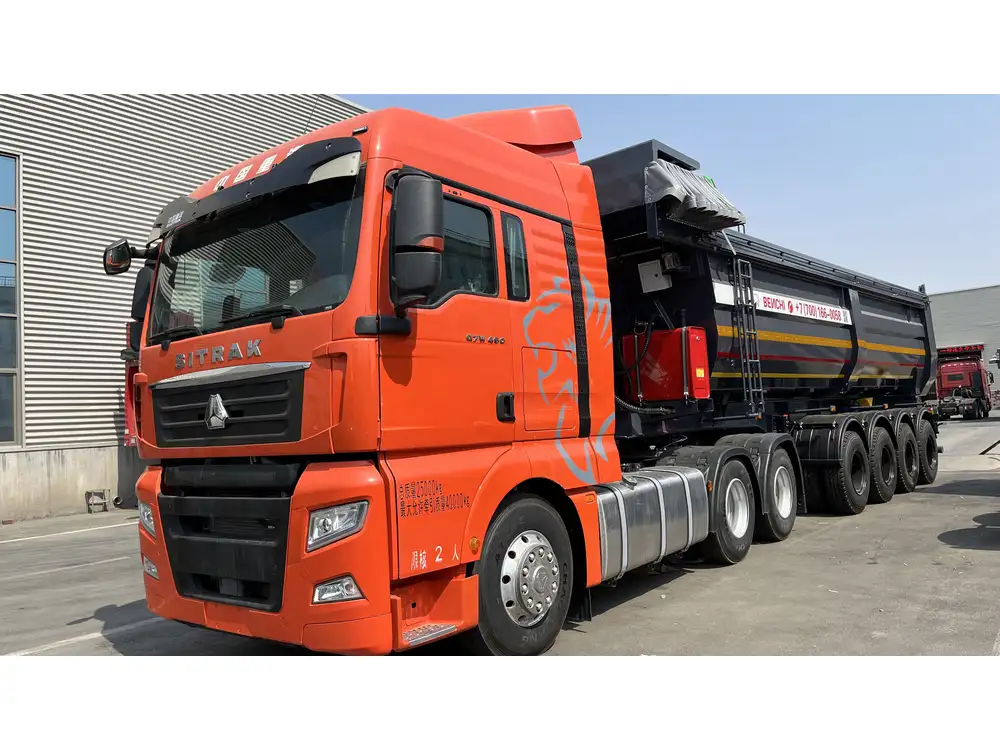
Monitor Performance Regularly
Utilize monitoring systems to track performance metrics, identifying areas for improvement and preventing potential issues before they escalate.
Train Personnel
Equip your team with the knowledge and skills to operate and maintain refrigeration units effectively, ensuring consistent performance and longevity.
Implement Energy-Saving Protocols
Adopt protocols such as reducing idle time and optimizing power usage during transit to enhance energy efficiency and lower operational costs.

Conclusion
Investing in high-quality cargo trailer refrigeration units is a strategic move that significantly impacts the success of your logistics operations. CarMax Vehicle is committed to providing cutting-edge solutions that ensure the integrity of your perishable goods, enhance operational efficiency, and contribute to sustainable practices. By understanding the nuances of refrigeration units and implementing best practices, you can achieve superior performance and maintain a competitive edge in the transportation industry.
Frequently Asked Questions
1. What are the key factors to consider when choosing a cargo trailer refrigeration unit?
When selecting a refrigeration unit, consider the temperature range, energy efficiency, durability, power source compatibility, maintenance requirements, and the specific requirements of your cargo. Additionally, ensure that the unit aligns with your trailer’s specifications and operational dynamics.

2. How can I improve the energy efficiency of my cargo trailer refrigeration units?
Improving energy efficiency can be achieved by selecting units with high Energy Star ratings, utilizing eco-friendly refrigerants, implementing advanced insulation materials, optimizing loading practices for better airflow, and conducting regular maintenance to ensure systems operate smoothly.
3. What maintenance practices are essential for refrigeration units?
Essential maintenance practices include routine inspections for leaks and mechanical wear, cleaning filters and coils, updating software, conducting performance tests, and adhering to a preventive maintenance schedule. Partnering with providers like CarMax Vehicle can ensure comprehensive maintenance support.
4. How do smart monitoring systems enhance the performance of refrigeration units?
Smart monitoring systems provide real-time data on temperature, humidity, and system performance, allowing for immediate adjustments and alerts in case of deviations. This enhances the reliability of temperature control, reduces the risk of cargo spoilage, and facilitates proactive maintenance.
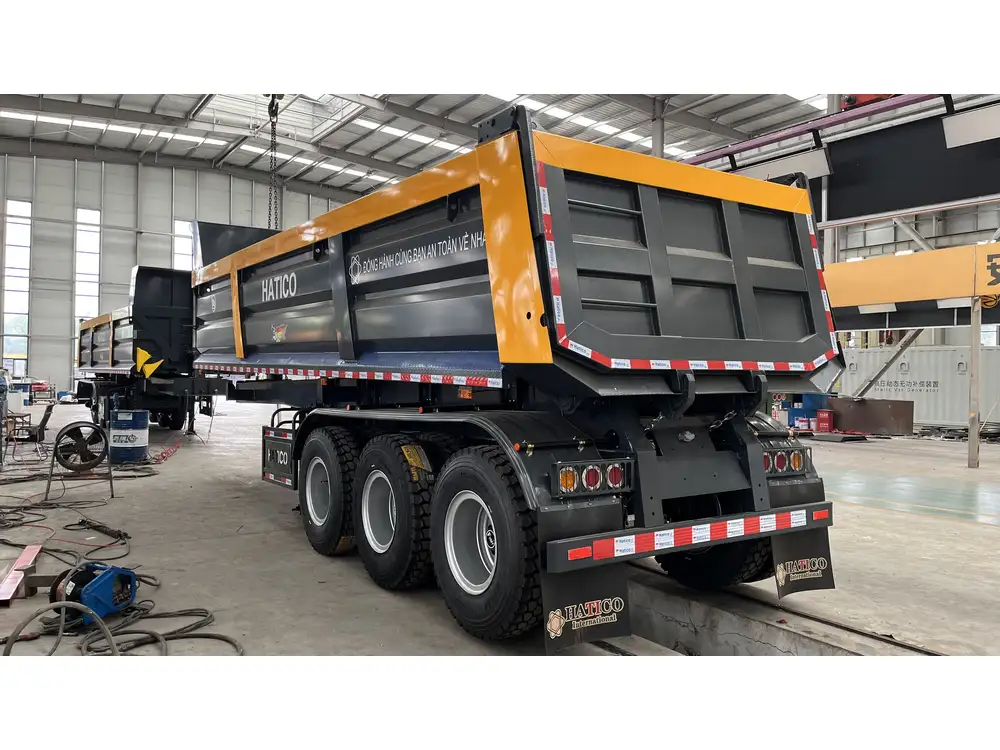
5. What are the environmental benefits of using advanced cargo trailer refrigeration units?
Advanced refrigeration units offer environmental benefits such as reduced greenhouse gas emissions through energy-efficient designs, the use of eco-friendly refrigerants with lower Global Warming Potential, and the integration of renewable energy sources, all contributing to a more sustainable transportation industry.



